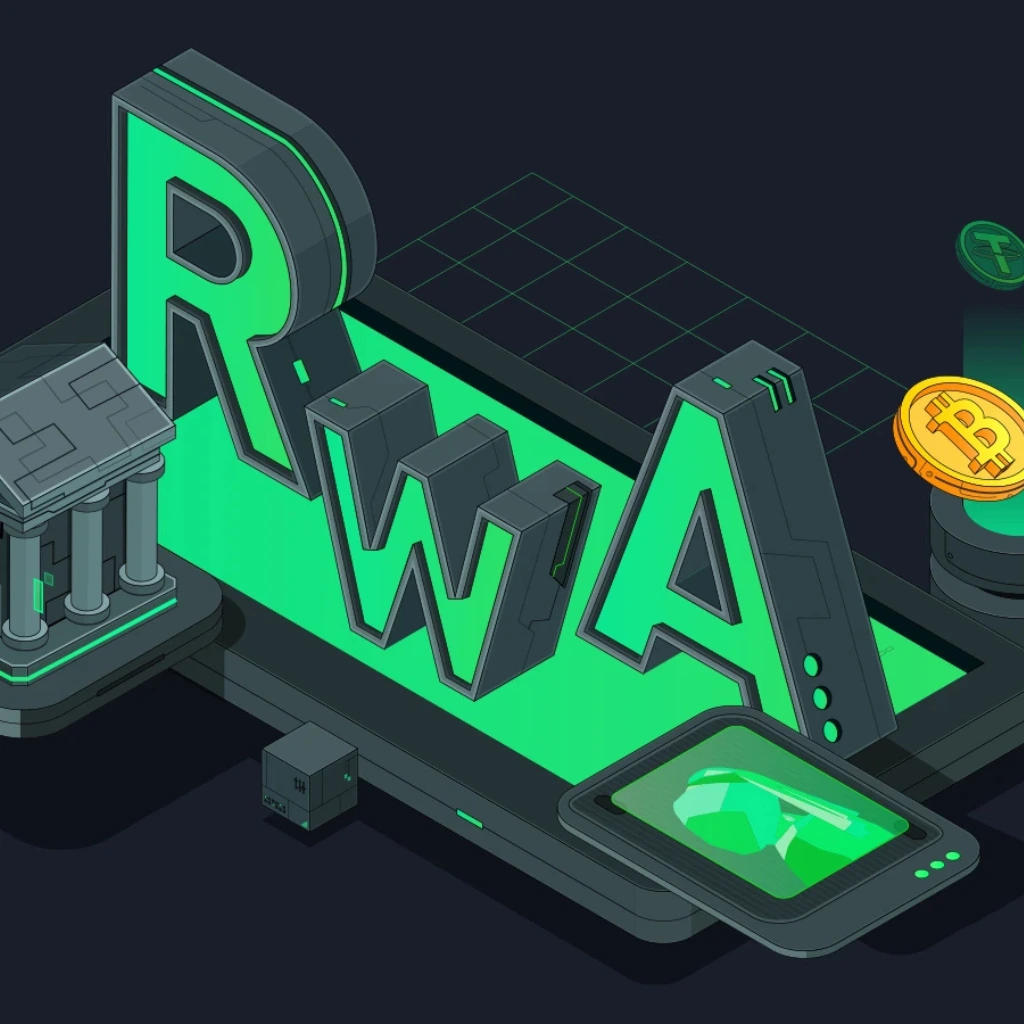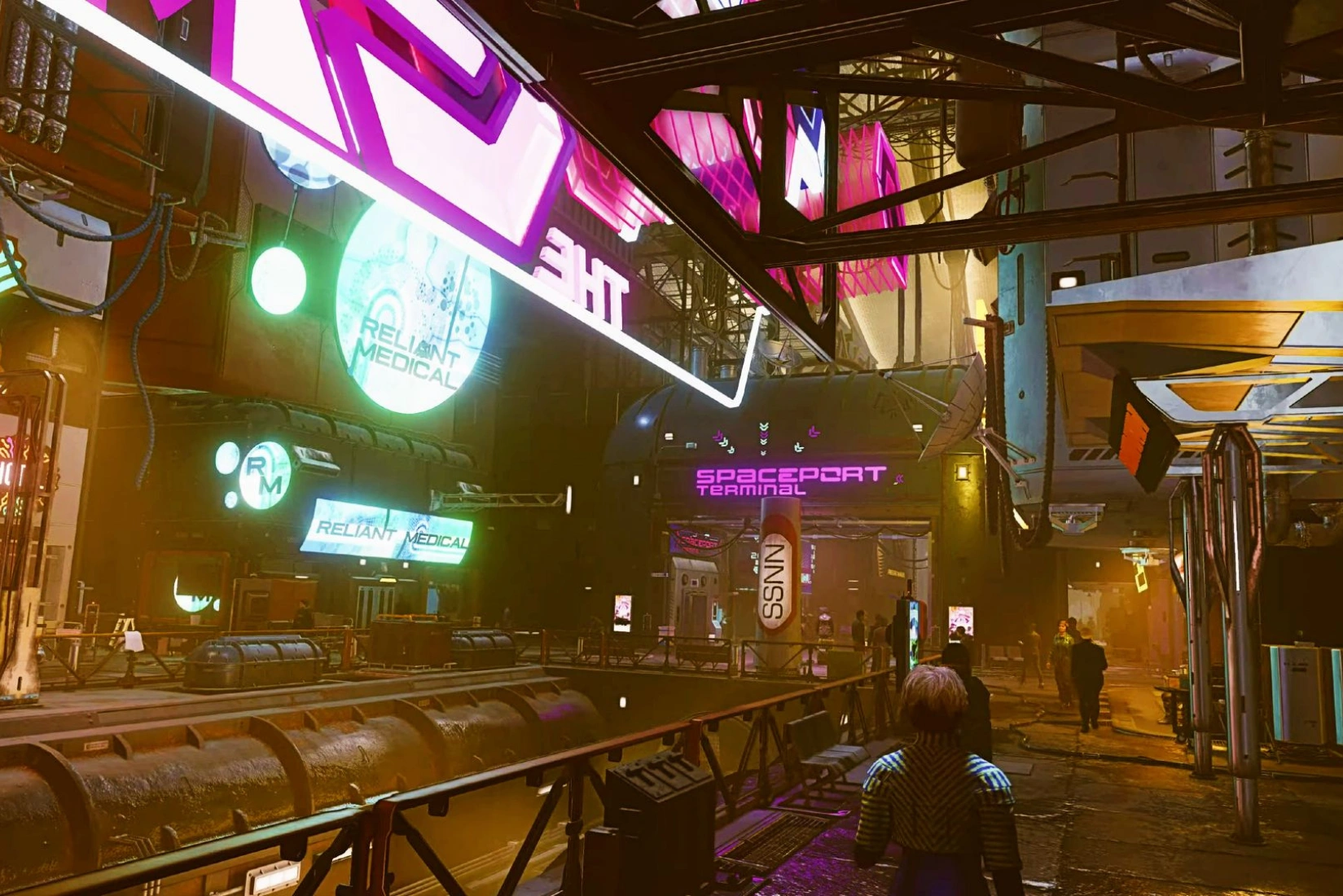Let’s be honest—“RWA disrupt finance” is a phrase popping up a lot lately, but what does it really mean? RWA stands for Real-World Assets, and the idea is simple but ambitious: bring tangible things like real estate, commodities, or invoices onto the blockchain as tokens. Sounds crazy, but it could shake up finance in ways we didn’t expect.
So, how exactly might RWA disrupt finance? Well, it’s all about bridging the gap between traditional assets and decentralized tech. You see, for years, crypto has been mostly about digital-only stuff—coins, NFTs, DeFi contracts that exist purely in cyberspace. Real-world assets? Those are something you can touch, rent out, or physically use. Tokenizing them means making these assets tradable on blockchain networks, opening liquidity and access that were once locked behind bureaucracy and geography.

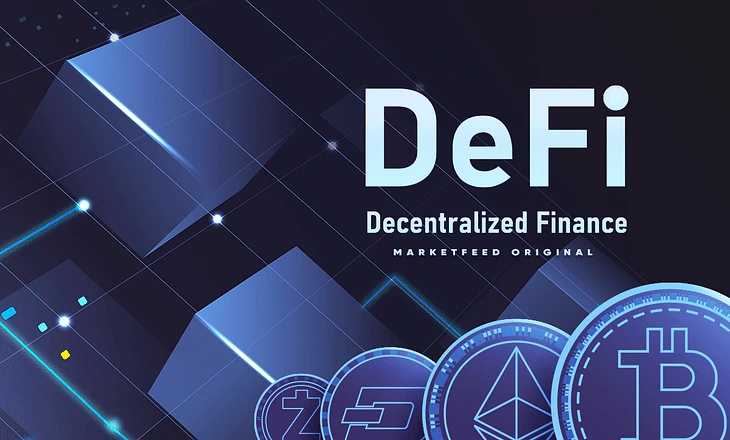
How RWA Disrupt Finance by Unlocking Liquidity
One of the biggest promises is liquidity. Imagine owning a fraction of a commercial property or a cargo shipment simply by holding tokens, trading them anytime without the usual paperwork nightmare. RWA disrupt finance by removing barriers—cutting out middlemen, speeding up deals, and letting smaller investors play in markets once reserved for the big players. The possibilities are exciting, right?
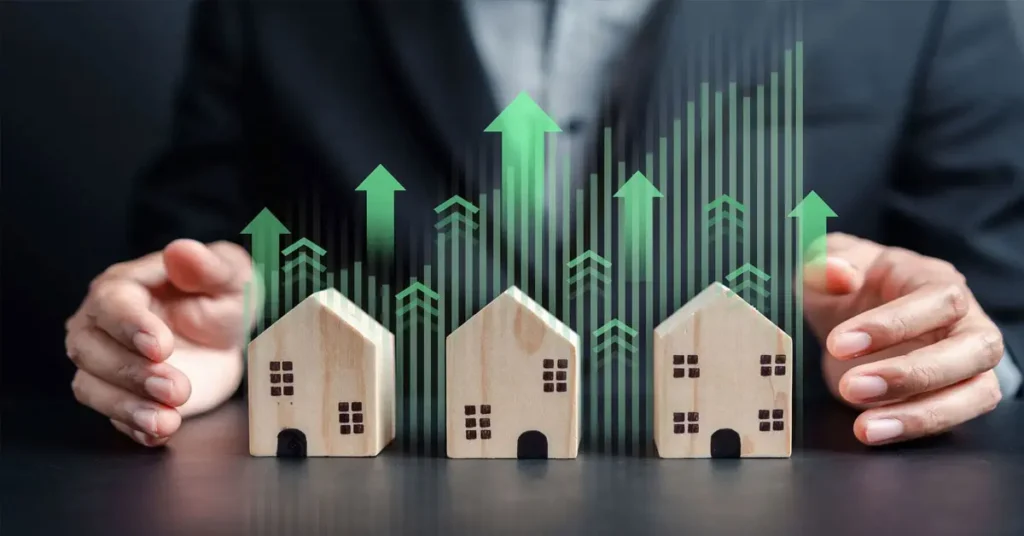

But hold on, it’s not all smooth sailing. Tokenizing real-world stuff means dealing with real-world problems—legal ownership, valuation accuracy, regulatory compliance. If a property burns down or a shipment never arrives, how do you reflect that on-chain? These complexities make RWA disrupt finance a tricky puzzle, one that requires more than just tech—it needs legal frameworks and trust built from the ground up.
Risks and Challenges
Now, some say this is just hype. RWA disrupt finance sounds great on paper, but the devil’s in the details. There’s the risk of smart contract bugs, asset mismanagement, and even outright fraud. Plus, regulators around the world are still scratching their heads about how to classify these tokenized assets—are they securities? Commodities? Something else entirely?
Also, transparency isn’t guaranteed. Unlike pure crypto assets, RWAs rely on off-chain data fed into the blockchain. This “oracle problem” can lead to misinformation or delays, complicating trust further. So while the tech offers new tools, it doesn’t magically erase the messy realities of real-world finance.

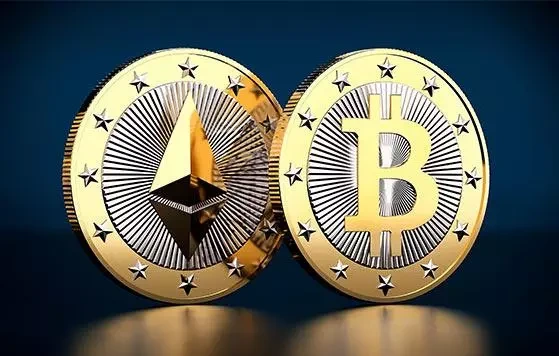
Could RWA Disrupt Finance for Good?
Despite the hurdles, the momentum is real. Big players and startups alike are experimenting with RWA platforms, hoping to tap into the massive value locked in illiquid assets. Maybe RWA disrupt finance is the bridge that finally marries traditional and decentralized finance—opening new opportunities, lowering costs, and democratizing access.
Still, it’s early days. We should stay cautious but curious. Will regulators get onboard? Can tech keep pace with legal needs? How will traditional institutions react—will they adapt or resist? These are the big questions shaping RWA’s future.
To wrap up—does RWA disrupt finance? It certainly has the potential to, but it’s no silver bullet. For anyone watching the space, it’s worth paying attention, because this blend of old and new finance might just redefine how we think about assets and value in the next decade. Whether it’s a revolution or just another buzzword, it is a conversation that’s only just getting started.
Relevant Link : Here


